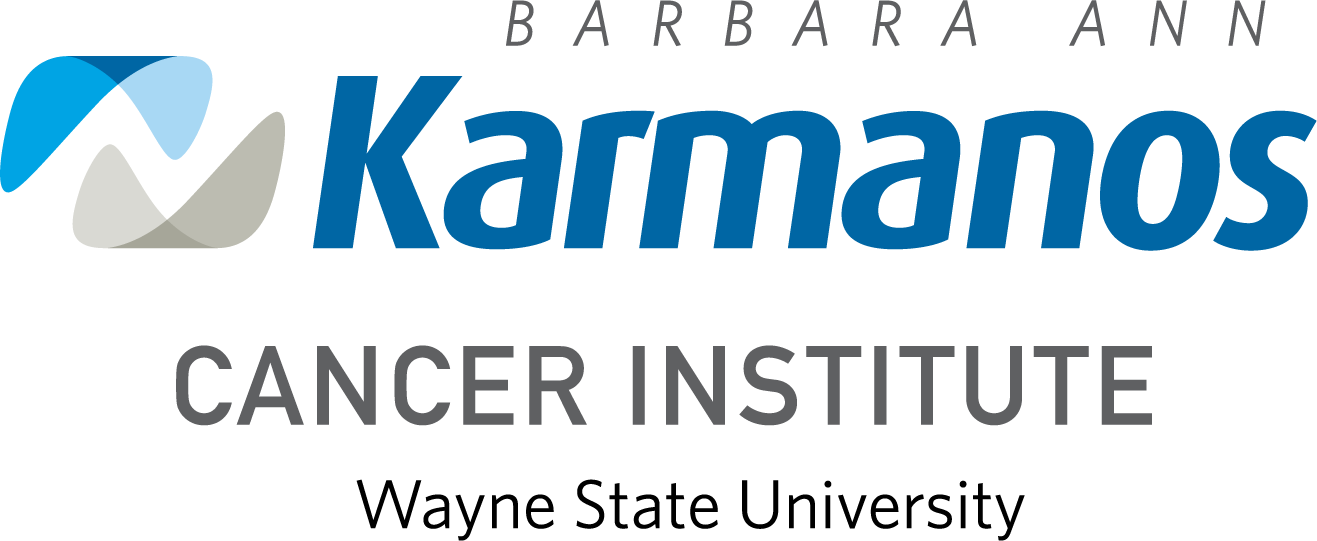
Dr Deol on the Current Limitations of CAR T-cell Therapy in R/R Myeloma

Abhinav Deol, MD, discusses the current limitations of CAR T-cell therapy in the treatment of patients with relapsed/refractory multiple myeloma.
Abhinav Deol, MD, physician, Karmanos Cancer Institute, associate professor, Clinical Hematology and Oncology, Wayne State University, discusses the current limitations of CAR T-cell therapy in the treatment of patients with relapsed/refractory multiple myeloma.
When a patient with multiple myeloma is a candidate for CAR T-cell therapy, they must be referred to a cancer center that is capable of administering the treatment, which must be done at the appropriate time frame, Deol begins. Currently, there are 2 FDA-approved CAR T-cell therapies for patients with relapsed/refractory multiple myeloma:
Additionally, for patients who are appropriate candidates for CAR T-cell therapy, there are limitations regarding timelines for treatment, Deol notes. These limitations are due to the number of manufacturing slots available, and the time from referral to manufacturing of the CAR T product and treatment may take a few months, Deol expands. If there is a significant period of time between referral and treatment, a cohesive plan is needed to treat and manage patient during the interim to keep their disease is under control prior to CAR T-cell therapy, Deol says.
Finally, when patients are able to receive CAR T-cell therapy, there will be a period of time where they must be in a close proximity to the cancer center where they are receiving treatment, Deol says. Fortunately, many patients receiving CAR T-cell therapy may qualify for assistance programs to help them stay close to the cancer center with their caregiver so their disease can be appropriately managed.
Although CAR T-cell therapy is a great treatment option for patients with relapsed/refractory multiple myeloma who have received at least 4 prior lines of therapy, but there are still limitations to getting it to patients in a timely manner, Deol concludes.






































